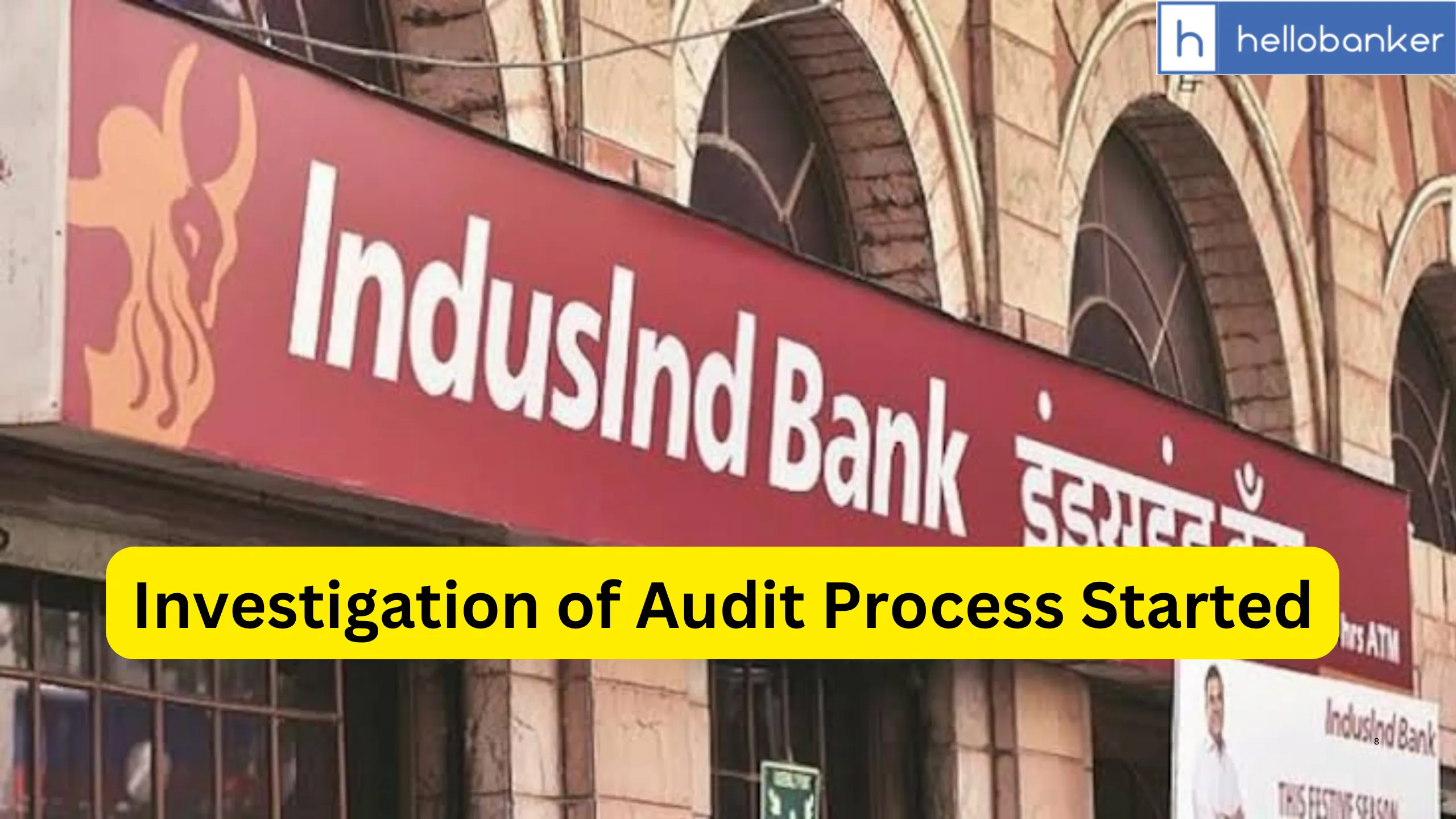India’s top regulator for accounting and auditing standards, the National Financial Reporting Authority (NFRA), has started investigating the auditing process of IndusInd Bank after discovering possible issues in how the bank handled its financial records, especially related to derivatives trading.
NFRA recently sent official notices to several chartered accountant firms that audited IndusInd Bank over the years. These include the current auditor MSKA & Associates, which is part of the global BDO network, and also past auditors such as PwC, S.R. Batliboi (Ernst & Young), Haribhakti & Co, and M.P. Chitale & Co.
According to sources familiar with the matter, the bank is suspected of having accounting irregularities in its derivatives book for several years. Derivatives are complex financial products that are affected by currency rates and market conditions. The alleged irregularities may have allowed the bank to either show more profits than it actually earned or hide losses depending on how the foreign exchange rates moved.
NFRA has asked the auditors to submit their complete audit files for each financial year since 2017. These files include important documents like working papers, supporting evidence, and audit conclusions. These will help NFRA understand:
- What areas the auditors were responsible for, such as whether they were supposed to examine the derivatives transactions.
- What documents the auditors reviewed before giving their final opinion on the bank’s financial statements.
Auditors are also expected to provide something called the Memorandum of Changes (MoC) — documents that record any serious mistakes or changes made to financial statements during the audit process.
So far, many of the auditing firms have not yet submitted the required information. However, since NFRA is a government authority created under the Companies Act, it is expected that the firms will eventually comply. Some auditors have also pointed out that they may need to get clearance from the Reserve Bank of India (RBI) before sharing information that involves sensitive bank data like loan exposures, due to restrictions under the Banking Regulation Act.
Why is NFRA focusing on the auditors?
This case has raised a debate within the audit community. Some professionals believe the auditors might have missed the issue by accident, as derivative trades are highly complex and involve large volumes. Others, however, argue that auditors should have paid closer attention, especially to areas like the bank’s “other assets” — where the controversial “internal hedge” transactions were recorded.
Interestingly, in the bank’s 2024 annual report, the valuation of derivatives was not marked as a “Key Audit Matter”, even though it was flagged in the previous year. This has raised more questions about whether the auditors overlooked something important.
NFRA itself has not made any public comments on the notices sent to the auditors.
What about the bank’s management?
Many experts say that NFRA should not just question the auditors, but also investigate the role of the bank’s management and its audit committee. These internal groups are supposed to provide correct explanations to the auditors and make sure the financial records are fair and accurate. The audit committee also has responsibilities such as checking the validity of assumptions made by the bank and ensuring that risks like expected credit losses are properly recorded.
A few months ago, after these irregularities were exposed, the current auditors even asked the bank to clarify whether the discrepancies were actually fraudulent activities. So far, the bank has only referred to them as discrepancies in foreign exchange derivative accounting, not fraud. But if the issue is officially labelled as fraud, it would become much more serious — requiring reporting to the Ministry of Corporate Affairs, and possibly triggering action by the Economic Offences Wing or other law enforcement agencies.
By law, if an auditor suspects a fraud, they are required to inform the government authorities.
NFRA is now examining whether auditors missed or ignored signs of financial wrongdoing in IndusInd Bank’s books, particularly in its derivatives trades. The investigation could also lead to a closer look at the bank’s management, especially if the irregularities are declared as fraud. The outcome of this probe could have serious consequences for both the auditors involved and for IndusInd Bank.
